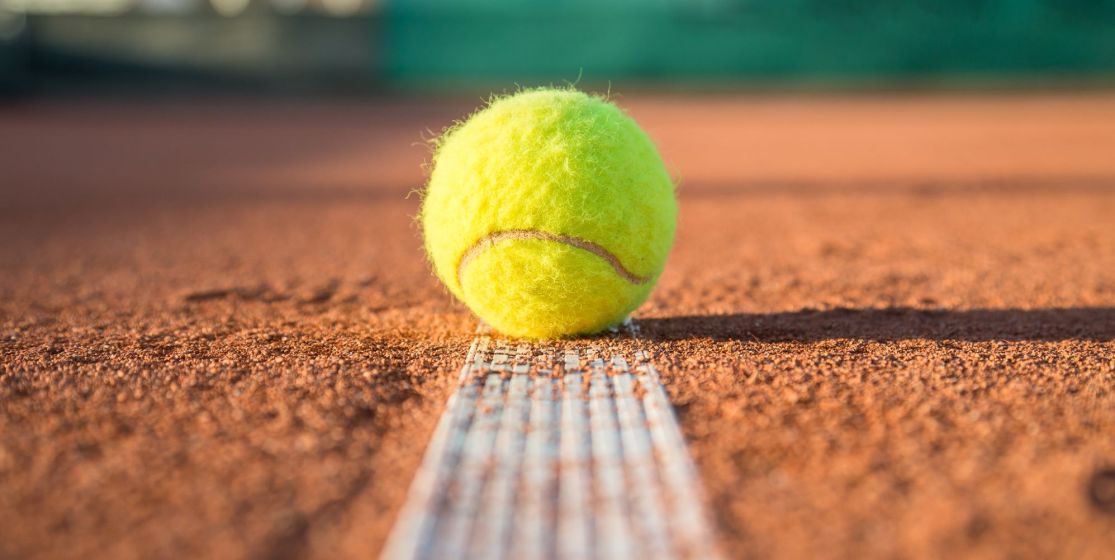Barring a miracle, France won’t scream "cocorico" the weekend of the 10th of June 2012. Despite having some good cards to play, tricolour tennis will likely leave the tournament to its foreign guests once again.
France weeps. As for its “Grande Boucle” in cycling, local tennis champions are cruelly lacking and this despite the fact that one of the greatest events of their sport, Roland Garros, is held in their own back yard. Since the Open era began in 1968, the Hexagon has only twice been able to celebrate the title for one of its own, and even these memories are receding into history. For the women, Mary Pierce did what she could (three finals for one trophy in 2000) while on the men’s side, the picture is even gloomier: 1983 for THE victory of Yannick Noah and Henri Leconte taking the runners-up spot in 1988. Since then? Nothing. And this despite a number of tricoloured female challengers in the 90s, world number one Amelie Mauresmo in the noughties and many male hopefuls along the way.
If Mary Pierce has managed to forge a special relationship with the Paris tournament, Amelie Mauresmo has never conquered the clay of Roland Garros, despite great promise in the junior ranks (1996 girl’s title-winner). The woman with the mild setbacks, number one for 34 weeks, would crack either physically or mentally each time. If the defeats are sportingly logical early in her career (Graf, Hingis, Seles or Kournikova) she would then stroll from one disappointment to another without overly moving the French public. Winner of a Grand Slam after Henin’s retirement through injury in Australia, she won Wimbledon in 2006 on the same day of the football World Cup final. Too far removed from the eyes and soul of the French, who perhaps didn’t deserve her. The statement seems harsh, but the public of the Porte d'Auteuil is hard to embrace, able to make life complicated for one of its greatest champions: Rafael Nadal, during a final against Federer. The best chance for France at the moment, Marion Bartoli, is not she often mocked for her generous figure? An ungrateful crowd perhaps but, above all, a very hard one to please.
The night-time games of Gael Monfils
There is however one candidate, ready for the challenges of the versatile crowd of Roland Garros. Gael Monfils is not a man to give in when the stakes are high, under the pressure to win on home soil. It galvanizes him instead. "Having my family close to me, my friends, it makes me different. And I really like this court. I'm not scared. On the Chartrier, I have already made so many “mistakes”, that this is my home. I demystified it, I already called it "the dump"! My best memory at Roland Garros is still a game of hide-and-seek at night. I was sixteen or seventeen but I will say no more. (...) In all the other tournaments, I have goals. At Roland Garros, I have a dream" confessed the entertainer that France calls « Monf » in the columns of L'Equipe magazine in 2010. Only the body of the whimsical Frenchman never had the good sense to be ideally adjusted for competition in Paris. Jo-Wilfried Tsonga for his part is in the fog. Although being ranked 5th in the world, he belongs to the category of the world's best players, Jo still has no title on clay courts and confesses to a certain physical weariness since the early spring.
However, may the most jingoistic take heart, France is not alone in this plight. Since the beginning of the Open era, no British man has ever reached the Wimbledon final. Women being a brought a little more glory, with a 100% success rate from two finals (Ann Hayden Jones in 1969, Virginia Wade in 1977, Editor's note). Apart from the first decade of the Open era and the "Pat Cash moment" Australia can’t really brag either, with a meagre showing of only one finalist, Lleyton Hewitt, in 2005. That leaves the great America, quite unclassifiable in this theory since it has such a massive population to draw on to find its champions and defend its place as a tennis superpower. It can also thank naturalization, which brought it two new diamonds: Martina Navratilova and Monica Seles. All too easy…
By Ronan Boscher






